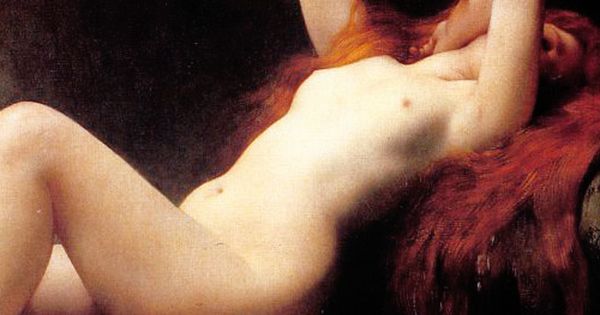Here lovers swear in their idolatry
Where is that holy fire, which verse is said
To have? Is that enchanting force decay’d?
Verse that draws nature’s works from nature’s law,
Thee, her best work, to her work cannot draw.
Have my tears quench’d my old poetic fire?
Why quench’d they not as well that of desire?
Thoughts, my mind’s creatures, often are with thee,
But I, their maker, want their liberty.
Only thine image in my heart doth sit,
But that is wax, and fires environ it.
My fires have driven, thine have drawn it hence;
And I am robb’d of picture, heart, and sense.
Dwells with me still mine irksome memory,
Which, both to keep and lose, grieves equally.
That tells me how fair thou art; thou art so fair
As gods, when gods to thee I do compare,
Are graced thereby; and to make blind men see,
What things gods are, I say they’re like to thee.
For if we justly call each silly man
A little world, what shall we call thee then?
Thou art not soft, and clear, and straight, and fair,
As down, as stars, cedars, and lilies are;
But thy right hand, and cheek, and eye, only
Are like thy other hand, and cheek, and eye.
Such was my Phao awhile, but shall be never,
As thou wast, art, and O, mayst thou be ever.
Here lovers swear in their idolatry,
That I am such; but grief discolours me.
And yet I grieve the less, lest grief remove
My beauty, and make me unworthy of thy love.
John Donne, Sappho to Philaenis


